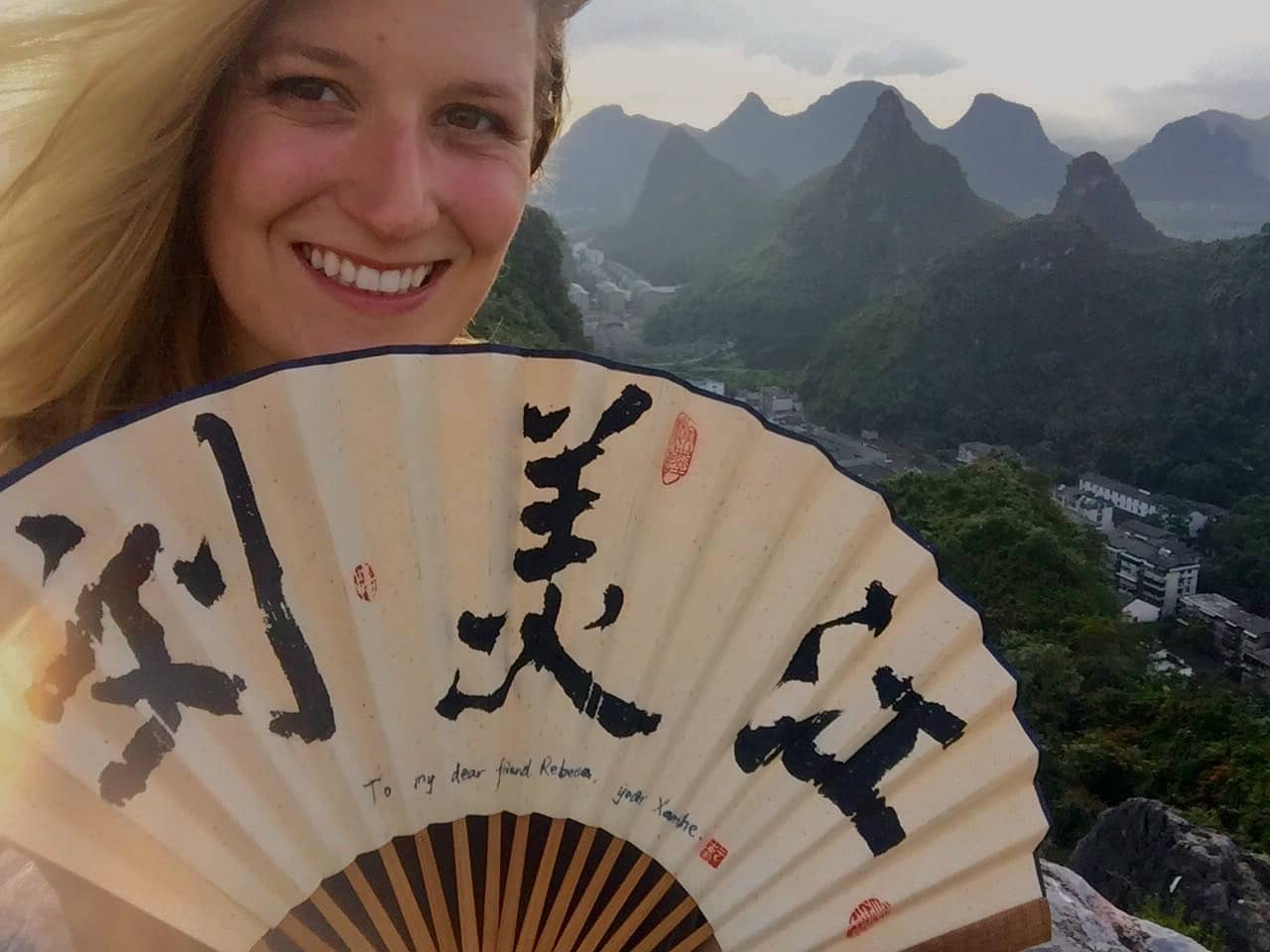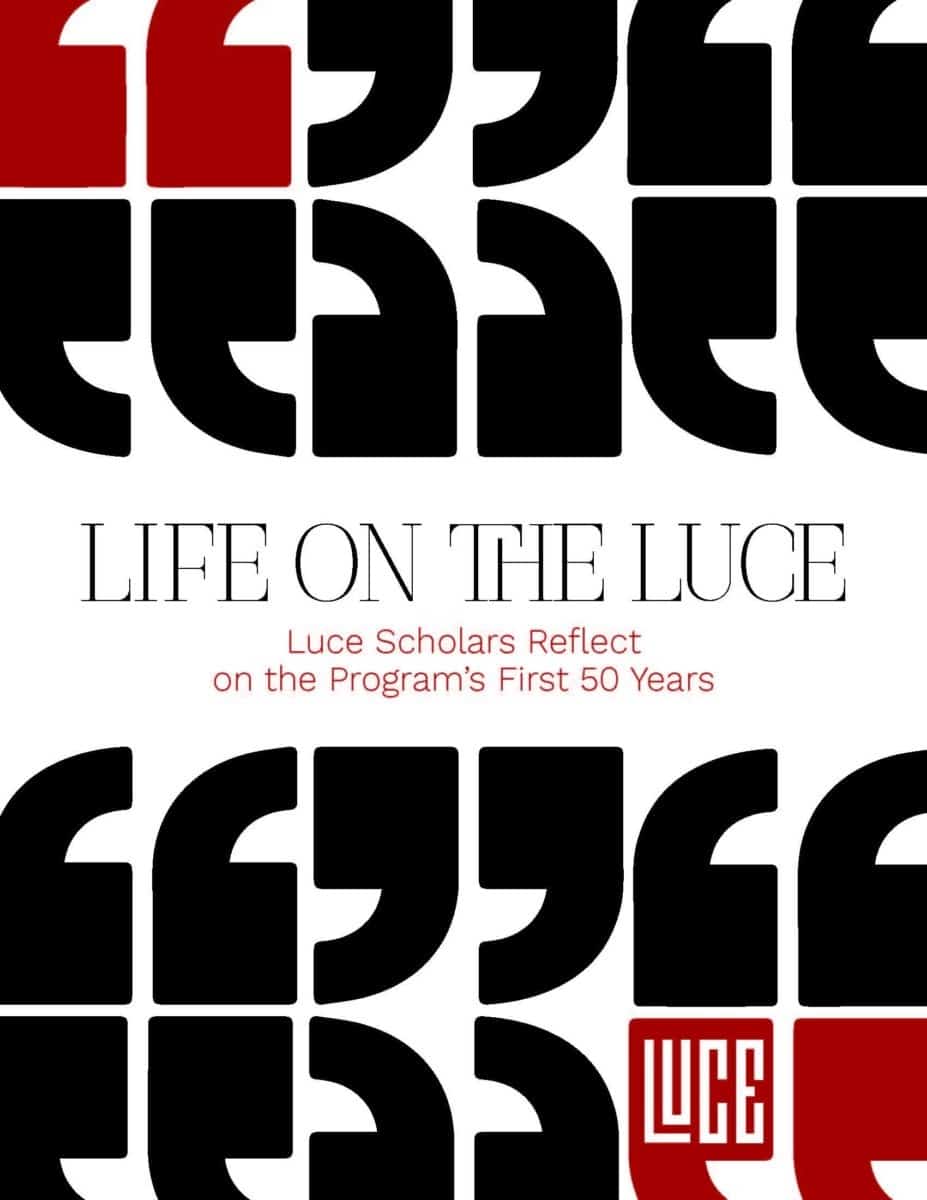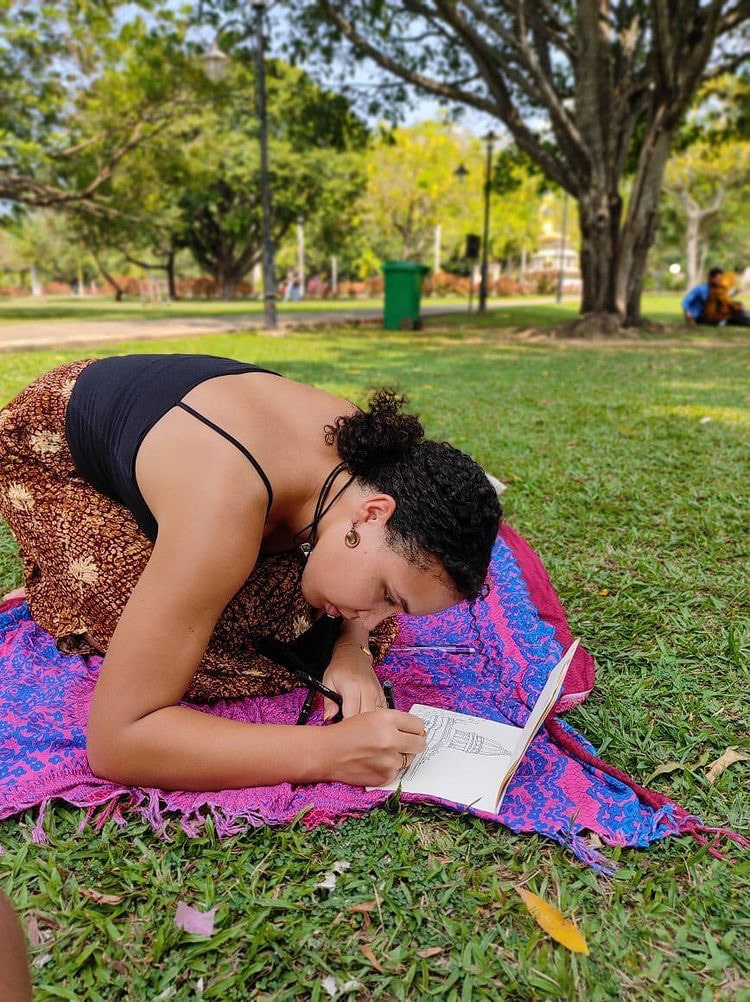Until the start of my Luce experience, my life consisted of predictable, if not expeditious, steps from undergraduate to postgraduate study. When China was proposed as a prospective placement country, it seemed too large to comprehend, and the Mandarin language too daunting to attempt, the country’s cultural norms too impenetrable to my Western sensibilities. The improvisation that this move would require was outside of my measured trajectory. Encouraging me to keep an open mind about upending my life to adapt to China, a friend sent me a line from Confucius’ Analects: 欲速则不达; or, “To reach your destination faster, go slow.” Deciding to spend my Luce year seeking to understand how Chinese and American scientists can work together on transboundary river research at the Asian International Rivers Center (AIRC) at Yunnan University, I dove in.
After visiting over twenty towns across eight provinces and calling two different cities home, my concern has abated. My language training program in Guilin, Guangxi Province, prepared me well for the leisurely pace of life in southwestern China. Everyday interactions affirmed my sense for the role of local values in daily life and an appreciation for the national obsession with food. Guilin’s excellent public bus system facilitated my new hobbies such as traditional calligraphy classes and classical Chinese musical instruments. People offered friendly encouragement to my efforts to stumble through Mandarin in casual conversations. Formerly impossible tasks like sending mail started to come with ease.
A “medium”-sized city of seven million souls, Kunming became my new home when I began my placement in late August. I aimed to focus less specifically on water issues and more broadly on culture to discern how high-level priorities for environmental policy coalesce or diverge from the opinions of everyday people. My initial hesitation transformed into eagerness to explore every aspect of life in the Middle Kingdom. Hiking around Xishan with new friends made through co-organizing a local chapter of a China-wide sustainability club, catching my breath at the soaring altitudes of Diqing while participating in a three-day rice harvest, and attending conferences with my colleagues in Nanjing all deepened my appreciation of the mutual enchantment as well as a constant undercurrent of tension between the US and China. Taking time to observe the encounters and happenings around me made me realize that, while China operates according to deeply established principles that seem simultaneously coherent and confusing to me, Chinese people are moved by profound forces that Americans can appreciate: concern for family and community values.
During the rest of my Luce year, I will seek to gain a deeper perspective on how people across generations and social classes view China’s place in the world. Going slow has heightened my awareness of the intangible scales linking China’s local histories, regional relationships and global ambitions. As China is both hyped and vilified in Western media, I am grateful to experience the poignant vignettes of everyday life, often rendered invisible by dominant narratives of a “rising China,” and the many ways in which Chinese people fight courageously to influence the trajectory of environmental policy and national development.
Rather than an intermission, the Luce experience and community of Luce Scholars have enriched the path of my life and elevated the habits of my work. I am not sure what my own destination is, but the opportunity to slow down has made an enduring impact on how I interpret the intertwined pasts and destinies of the US and China, and helped me develop the patience and persistence needed to become an effective leader in my field.


